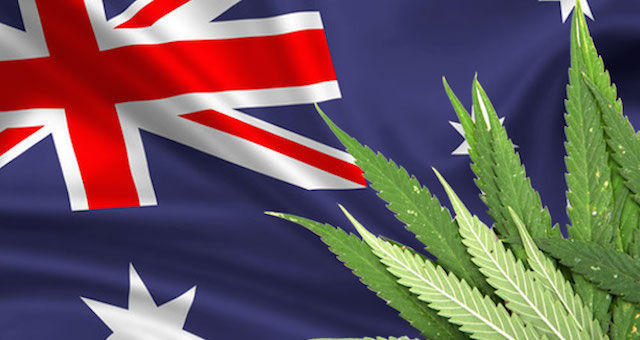Australia approves record number of medical cannabis patients
Australia’s medical cannabis market is on a continuous incline, with 6,000+ patients gaining approval for the country’s Special Access Scheme (SAS) Category B pathway as of September. This indicates the highest monthly increase since approvals began in 2016.
Approximately 67,000 applications for unapproved medicinal cannabis products have been awarded since the program’s inception, with the latest figures representing 18 percent growth since August.
What role does the TGA play in Australia’s medical cannabis market?
Each and every type of therapeutic good that is distributed among Australia’s medical cannabis market must first be assessed for its safety and efficacy. This is where the Therapeutic Goods Administration (TGA) – a regulatory body for therapeutic goods in Australia – comes in. The Agency controls the Therapeutic Goods Act 1989 (the Act), which sets the regulatory foundations for all medicines in the sovereign country.
Inclusive of medical cannabis in Australia, “the Act” covers numerous procedures and processes that simplify patient access to unapproved therapeutic products. Those goods are accessible via the following:
- Authorised Prescriber Scheme (AP)
- Special Access Scheme (SAS)
- clinical trials.
On July 30, 2018, SAS applications were welcomed via an online portal for the first time. This enabled the TGA – in conjunction with the State and Territory Health Departments – to monitor applications and notifications for unapproved medicinal cannabis products in Australia.
Despite existing limitations that make it tricky for medical cannabis to be imported and supplied through these schemes, they are favored as a means of streamlining patient access. Practitioners (prescribers) can apply to access unapproved medicinal cannabis products for the following indications:
- anorexia and wasting syndrome associated with chronic illness (including cancer)
- cancer pain
- chemotherapy-induced nausea and vomiting
- neuropathic pain
- palliative care indications
- refractory paediatric epilepsy
- spasticity caused by neurological conditions.
Increased quality requirements could stunt the growth of Australia’s medical cannabis market
While the number of patients registering for Australia’s medical cannabis program is gradually climbing, the market is currently unable to expand to its full potential.
Currently, the country is contemplating introducing a mandate that makes it obligatory for medical cannabis importers to ensure their product(s) meet Good Manufacturing Practice (GMP) quality standards. Requirements for imported cannabis products will be discussed via Australia’s Department of Health-hosted consultations which, the Department says, will take place before the year is up.
Nonetheless, this is not to say that the legal medical cannabis market won’t bring a wealth of economic opportunity to the “Land Down Under”. According to analysts from FreshLeaf Analytics, Australia’s medical cannabis sector could generate around 95 million Australian dollars ($70 million) in product sales throughout the entire year of 2020 — these figures don’t include approved medical cannabis products, such as GW Pharmaceuticals’ Sativex.








